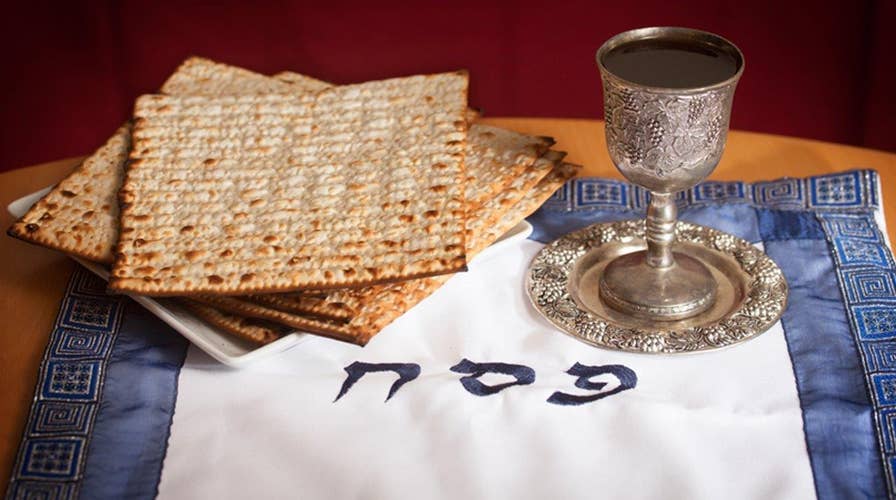How is Passover more relevant today than ever before?
Spirited Debate: Rabbi Mark Wildes on what we can do to emancipate ourselves from the forms of 'slavery' that exist in our own day and age
This week, my hometown of New York will throng with hundreds of thousands of people attending Easter and Passover celebrations.
During Passover, which begins on Monday night, we Jews are instructed to imagine that we ourselves were taken out of Egypt, picturing in our minds what life was like for slaves who found freedom by following Moses into the desert.
That practice has been especially powerful for me during my first few months leading a Jewish organization dedicated to aiding needy Jews around the world, including more than 100,000 in the former Soviet Union.
Before I visited Ukraine a few weeks ago, I had tried to picture what life was like for them. But the truth is, I didn’t really understand their situation until I went there and spent time with them.
During this holiday season, we should ask what we can do to honor our responsibility to one another and to ensure no one in our communities is alone.
While in Odessa, I met Svetlana, a 64-year-old former chef, whose struggle with poverty and illness is made worse by her country’s protracted crisis and economic collapse, including the devaluation of the local currency by two-thirds and rising costs for utilities and other basic goods. What’s worse, she battles loneliness, being homebound because of an amputated leg, and terrible living conditions in a dilapidated walk-up apartment building.
Svetlana, and countless others like her, are just like us, except that they were born in a very challenging time and place. They survived Communist oppression, and in some cases the Holocaust, and are now living in abject poverty, struggling to meet their most basic needs.
And they are not alone.
The National Council on Aging notes that more than 25 million Americans, 60 and over, suffer from economic insecurity and are unable to pay bills, feed themselves properly, or save money for their future.
A central value of our shared religious and cultural traditions in America is that we have an obligation to the generations that came before us, even those who we do not know personally. So during this holiday season, we should ask what we can do to honor our responsibility to one another and to ensure no one in our communities is alone.
This is a lesson in unity, which is especially timely at a moment when our communities are divided on a range of political and religious issues. But even when we disagree about other matters, we should all come together – as families do – to help people facing unthinkable poverty and deprivation.
Through the IFCJ Food and Medicine Lifeline – a partnership between my organization, the American Jewish Joint Distribution Committee, and the International Fellowship of Christians and Jews – we have made sure elderly Jews in the former Soviet Union, including Svetlana, know that they are not alone. We are privileged to serve tens of thousands of poor, elderly Jewish people across the region, ensuring each a sense of dignity and shalom – peace – through our provision of food, medicine, and medical services.
Indeed, our efforts to help are a powerful expression of global responsibility, carried out with our partners the Claims Conference, the Jewish Federations, and countless foundations and individuals.
That spirit is resonant this special time of year, when our hearts are filled with holiday messages of redemption and deliverance. And while we gather with friends and family to enjoy food, warm company, and faith, merely expressing our thankfulness for these blessings is not enough. We must also put the lessons we learn from our prayers and traditions – that none of us are alone and that we are responsible to one another – into practice.
Let’s start by making a place at our holiday tables for those so desperately in need.

